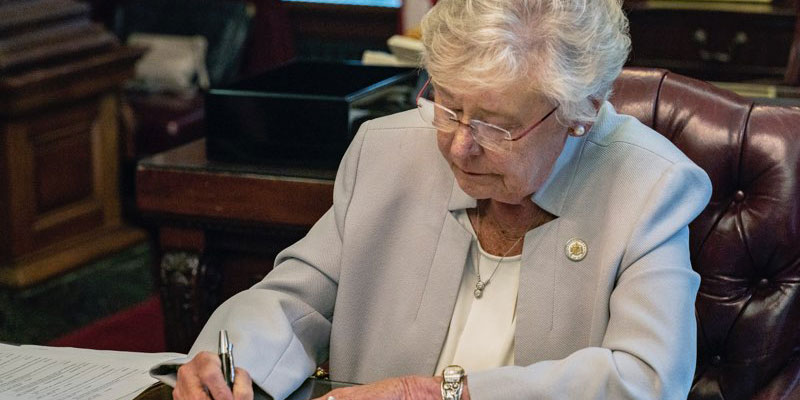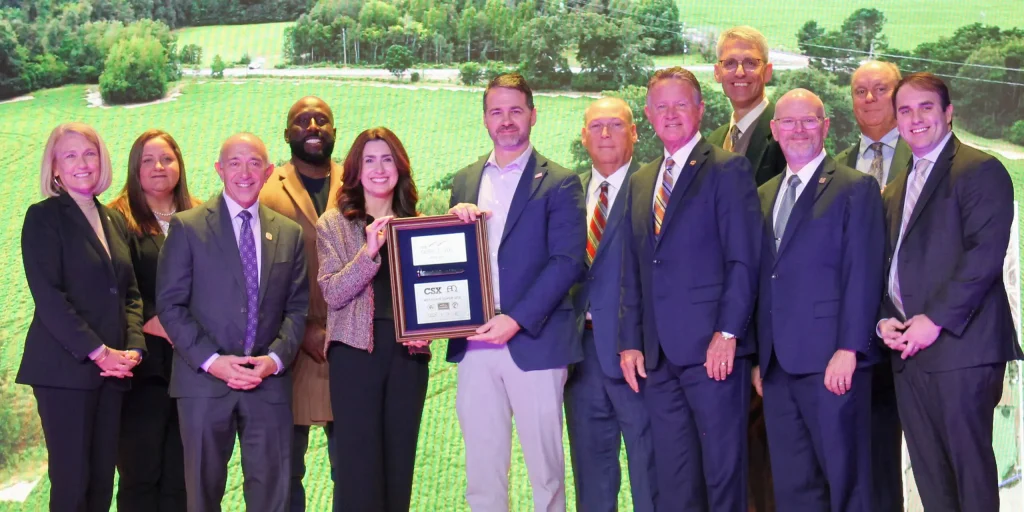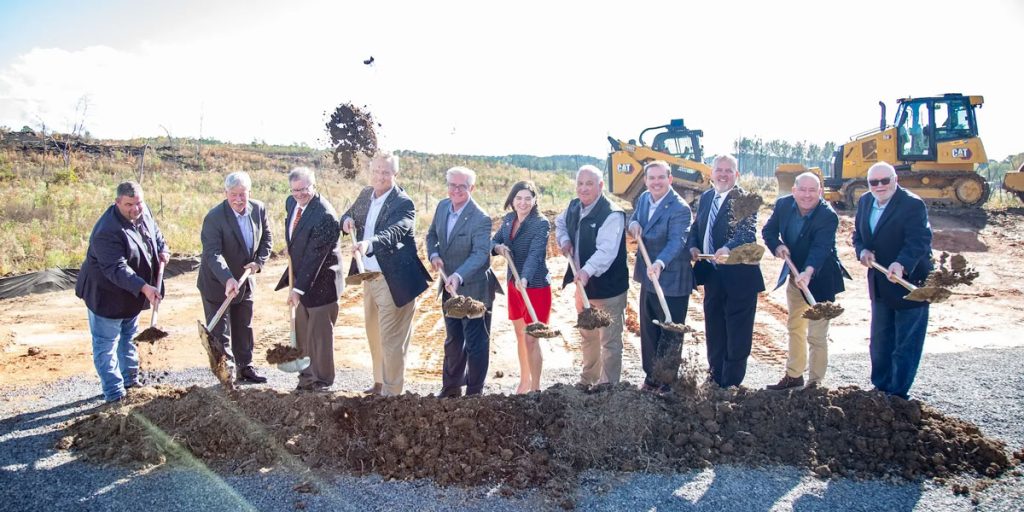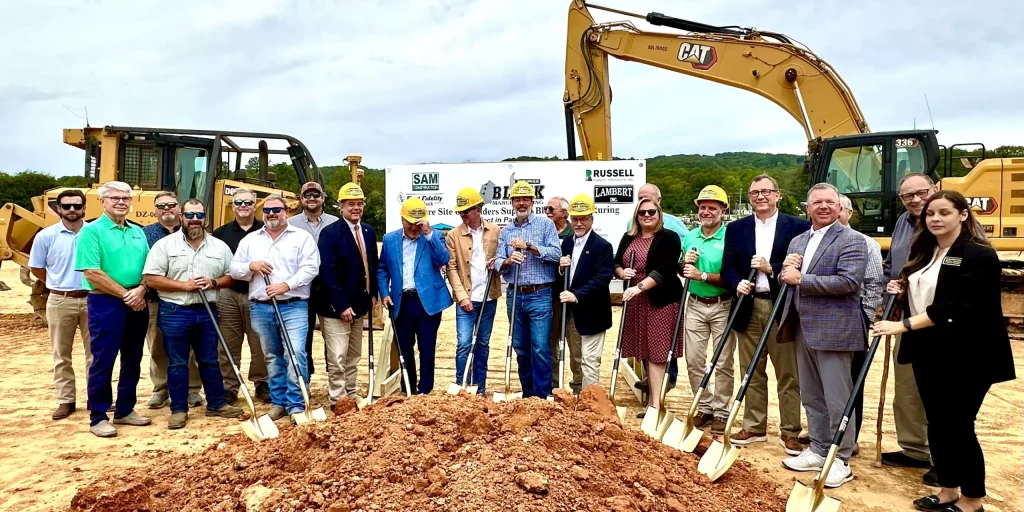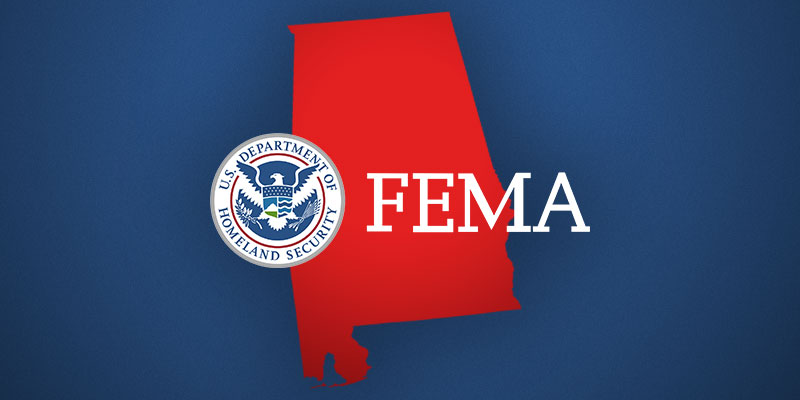Governor Kay Ivey showed the power of a pen and a phone this week, culminating in an executive action on Friday that the governor says usurps existing state law.
Ivey announced she has issued her 21st supplemental emergency proclamation of the COVID-19 pandemic; the penultimate clause of the proclamation states “to the extent a provision in this supplemental proclamation conflicts with any provision of state law, that law is hereby suspended for the duration of this state of emergency, and this proclamation shall control.”
The governor cited the Alabama Emergency Act of 1955 as the authority to do so, proclaiming “the existence of conditions that warrant implementation of additional extraordinary measures and relief during the state public health emergency now in effect in order to guard public health and protect human life.”
The latest proclamation will waive state-certain tax liabilities for Alabama citizens and businesses related to benefits received under the federal CARES Act, including direct stimulus checks as well as loans granted and then forgiven through the Paycheck Protection Program (PPP).
The decree also extends the respective sunset dates for the Alabama Jobs Act and Growing Alabama tax credits, which are meant to incentivize economic development in the Yellowhammer State. This aspect of the proclamation will last until the end of the final day of the 2021 regular session of the Alabama legislature.
The Growing Alabama tax credit expired on September 30, 2020, while the Alabama Jobs Act credit was scheduled to expire on December 31, 2020.
“The Legislature did not have the opportunity to safely, fully, and fairly consider extending these sunset dates during its most recent regular session, which was abbreviated as a result of the COVID-19 pandemic,” Ivey wrote in the proclamation.
“In coordination with the Alabama Legislature, we are pleased to address items that were delayed due to COVID-19,” the governor said in a statement announcing the proclamation. “This action is a short-term solution until these items can be considered by the full legislative body during the 2021 Regular Session.”
The proclamation specifically directs the state revenue commissioner to alter tax-return forms and instructions to ensure that Alabama citizens and business will not have to pay taxes to the State of Alabama on the financial benefits they received from Congress through the CARES Act such as tax credits, advance refunds (stimulus payments) and loan forgiveness.
Alabama residents and businesses have received more than $7.2 billion in such benefits under the CARES Act. Approximately 70,000 businesses in the state received loans under the PPP, and 2.5 million Alabamians received CARES Act stimulus payments.
Ivey advised in her statement that “the people of Alabama need clear guidance prior to filing their 2020 taxes,” so the CARES Act state tax liability issue could not wait until the legislature’s 2021 regular session — which begins the first week of February.
“Therefore, the state will not be collecting taxes from individuals or businesses who received benefits from the CARES Act because these benefits were designed to help our citizens survive the pandemic’s strain on the economy,” the governor added. “It is both my intent, and the will of the Legislature, to ensure CARES Act payments extend their full value to the people who need it the most.”
Ivey’s proclamation also outlined the importance of the two tax credits being extended. The proclamation advises, “Failing to extend the Alabama Jobs Act and Growing Alabama tax credits now could jeopardize potential jobs and investments in Alabama.”
She wrote that “state government must deploy every reasonable means to address the pandemic’s economic implications as well as its health-and-safety implications.”
The proclamation revealed that the Alabama Department of Commerce as of December 1 “was actively negotiating thirty-seven economic-development projects in which Alabama Jobs Act tax credits had been offered.” Those projects reportedly span 17 counties and “involve $1.9 billion in likely direct capital investment and 6,039 likely new direct jobs.”
Further, the Department of Commerce as of the same date “was actively negotiating one project involving the Growing Alabama tax credit which is still pending and will be placed at risk without extension… The project involves over $1 billion in likely direct capital investment and 1,000 likely new direct jobs.”
“The Alabama Jobs Act and Growing Alabama tax credits are essential to the success of Alabama’s economy, and we’ve seen a great return on investment across our state,” Ivey stated on Friday. “The state is currently negotiating potential economic projects that hinge on the availability of these tax-credit programs, and without today’s extension, we risk losing nearly $3 billion in direct capital investment and over 7,000 new direct jobs.”
Established in July 2015, Alabama Jobs Act tax credits have played a vital role in securing 171 projects in 44 different counties, per Ivey’s office. Those projects, in turn, have resulted in new capital investment in the state totaling $16.65 billion and the creation of 29,249 new jobs.
Meanwhile, the Growing Alabama credit has funded 17 projects including four tech accelerators, one STEM marketing program, and twelve site-preparation and public-infrastructure improvement projects since being founded in July 2016. The site-preparation and infrastructure-improvement projects, in turn, have resulted in 2,361 new direct jobs with an annual new payroll of $93 million and 3,609 new indirect jobs with a new annual payroll of $119.2 million.
Ivey’s proclamation explained, “Based on my consultations with Alabama business leaders and legislators, I find that extending the Alabama Jobs Act and Growing Alabama tax credits is necessary to promote, protect, and secure the economy of the State of Alabama because it will promote job growth, higher wages, business expansion, new investment, and economic diversification at a time when Alabama most needs each of these things as a result of the COVID-19 pandemic.”
She noted, “Based upon current COVID-19 guidelines from the U.S. Centers of Disease Control and Prevention and the Alabama Department of Public Health, it may not be safe or prudent at this time to call the Legislature into special session to consider extending these tax-credit programs.”
The proclamation did not address the now-moot point of why a special session was not called to address the issues when COVID-19 numbers were significantly lower in recent months.
The governor earlier this week extended her “Safer at Home” order into 2021, including the statewide mask mandate.
Sean Ross is the editor of Yellowhammer News. You can follow him on Twitter @sean_yhn




